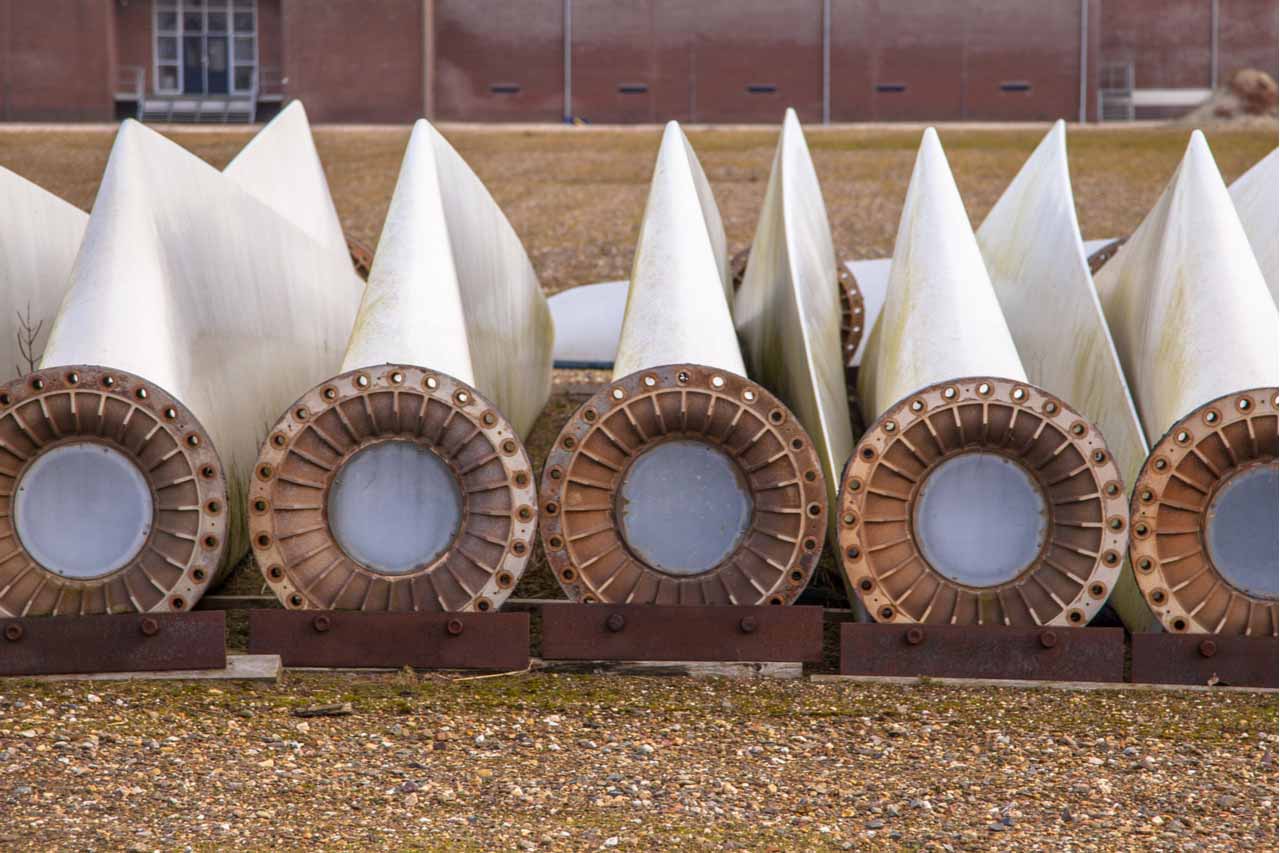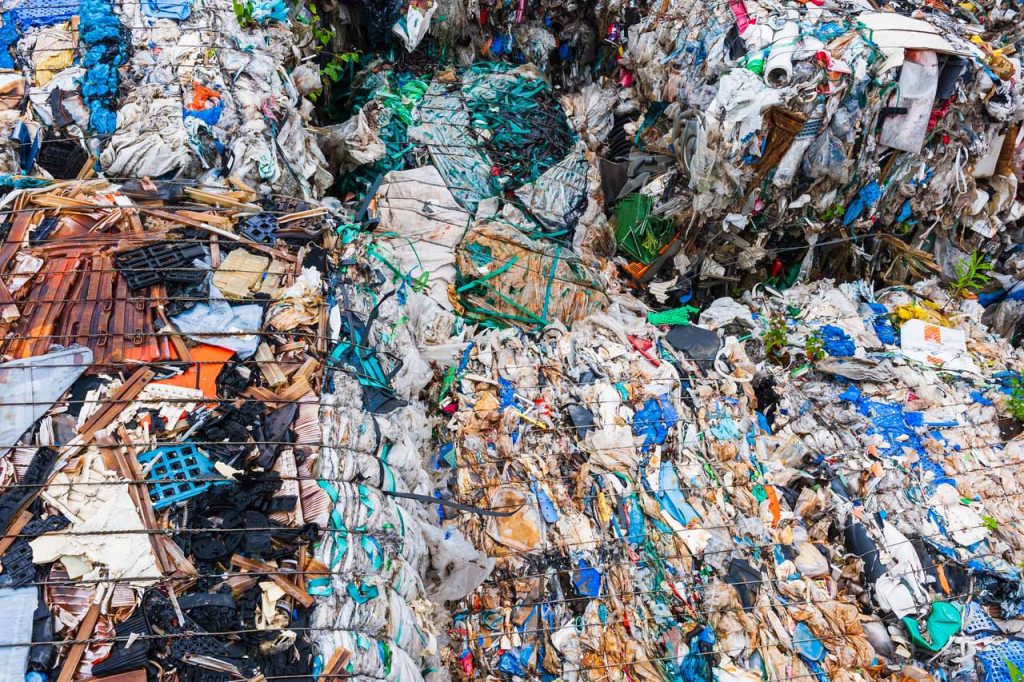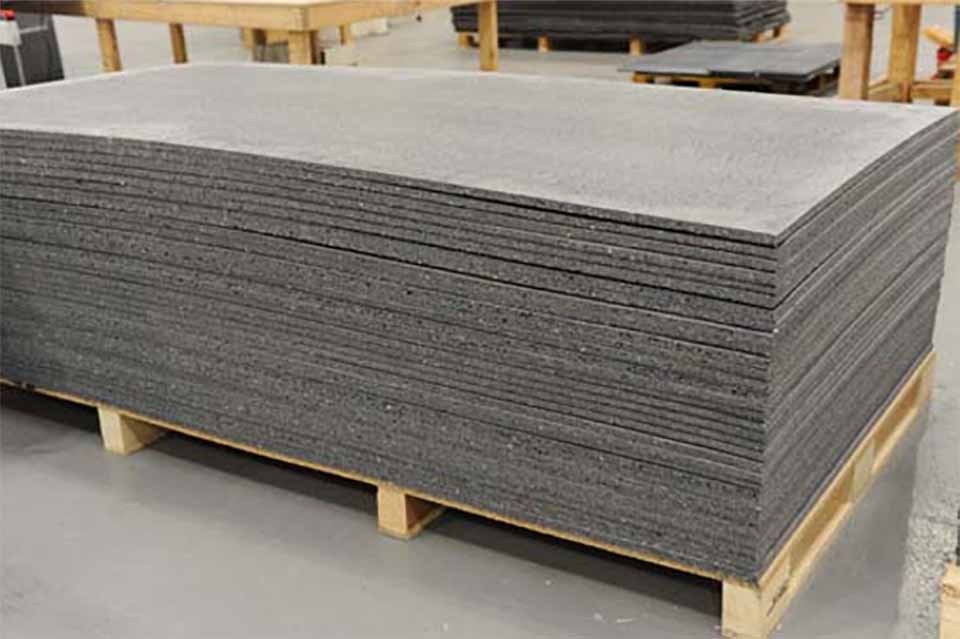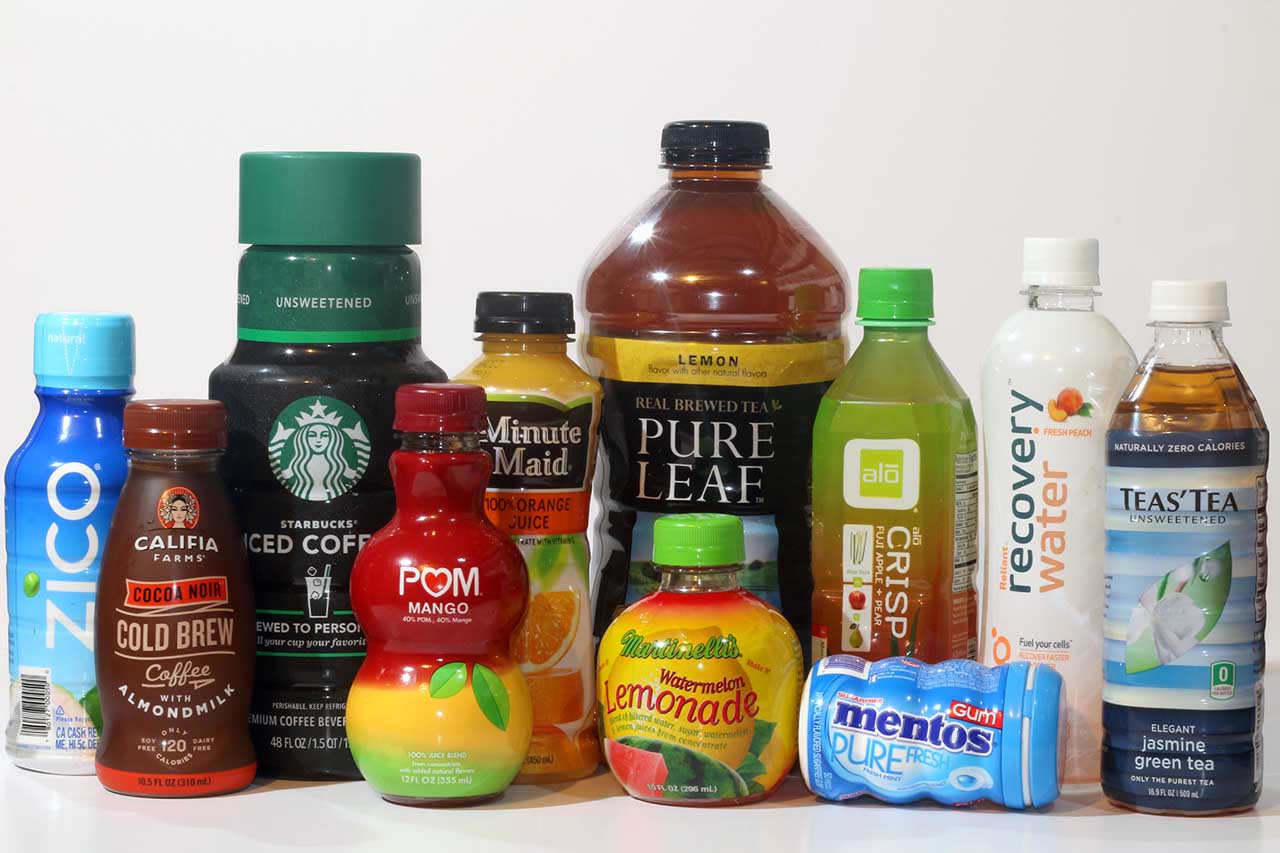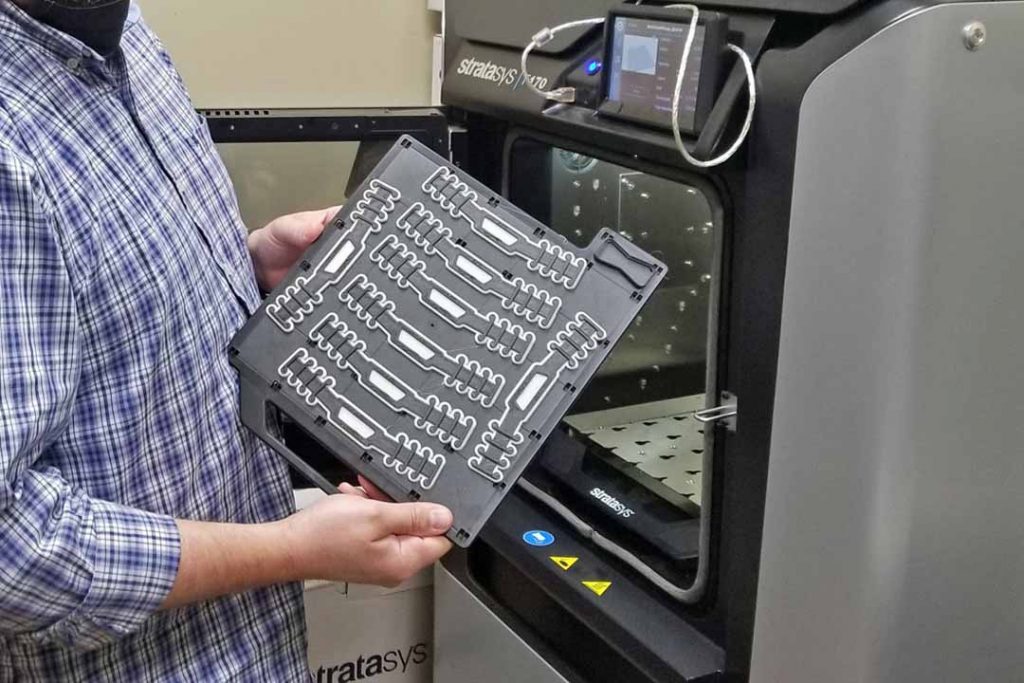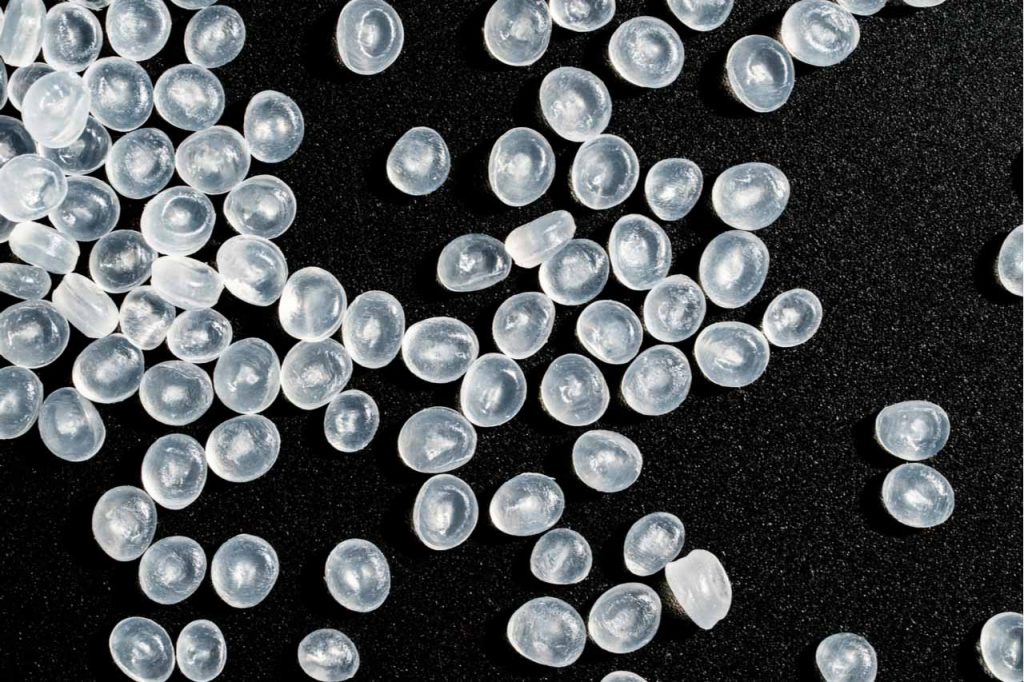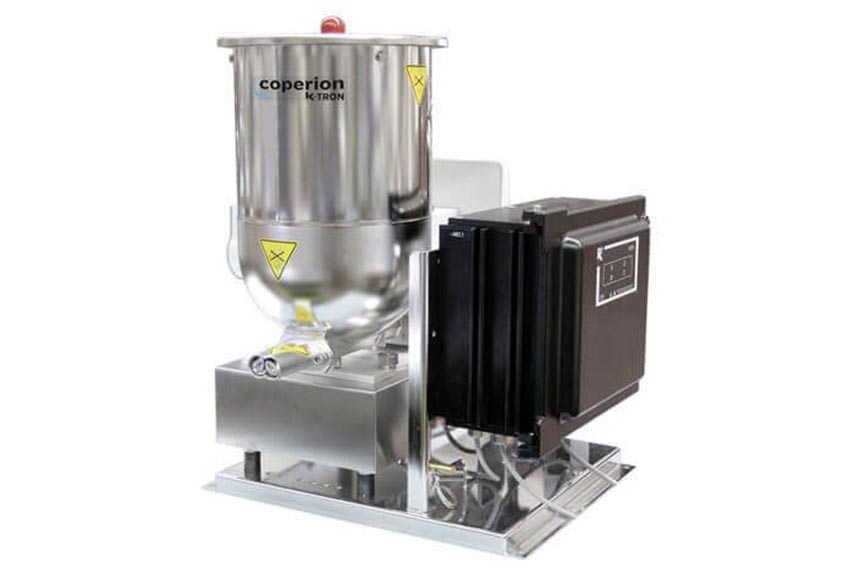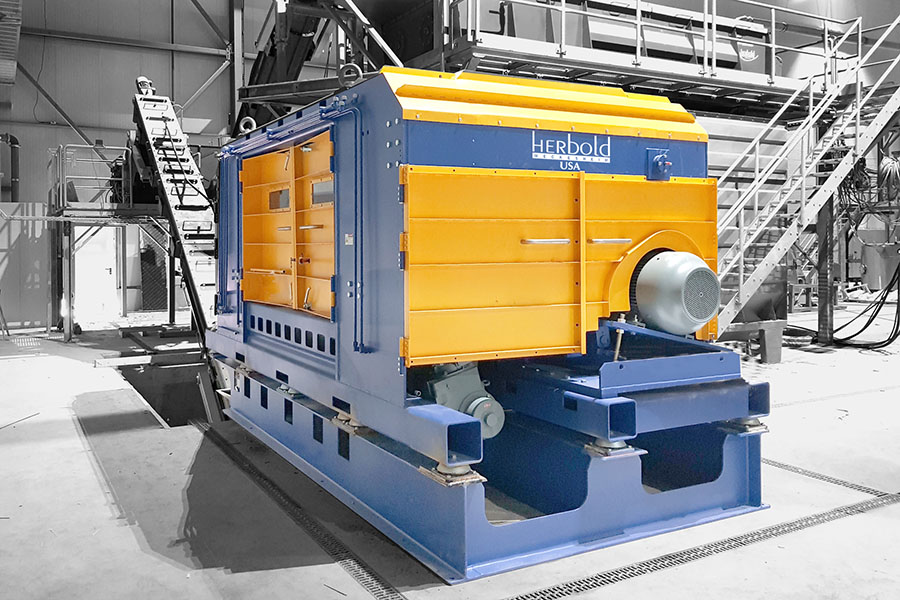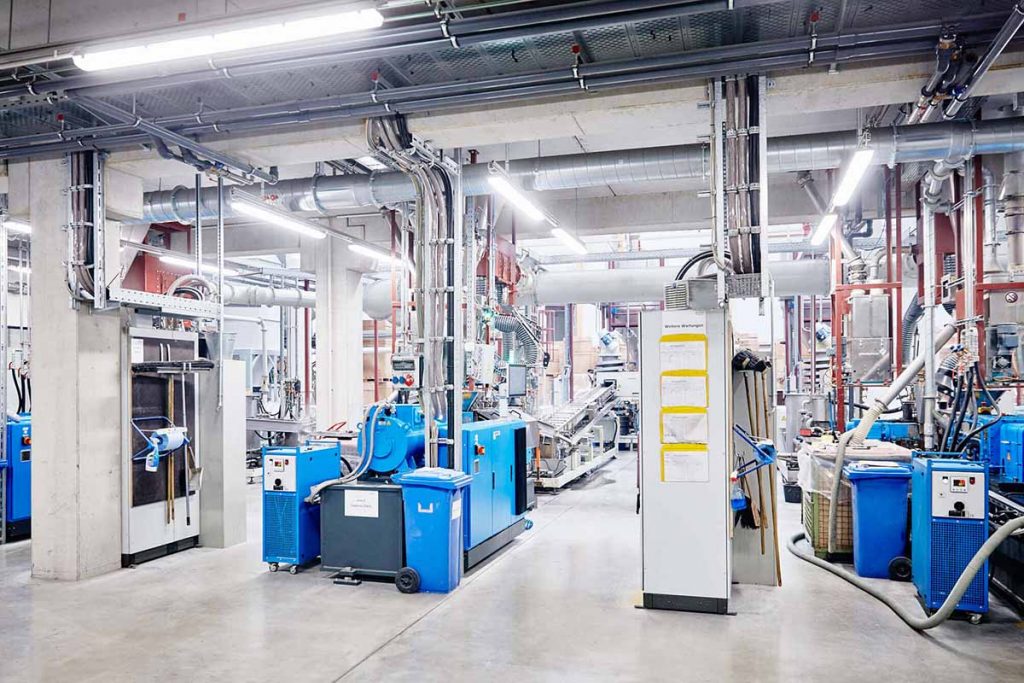
Coperion recently supplied extruders from its ZSK line to a German post-industrial scrap plastics processor called Aurora Kunststoffe.
German equipment supplier Coperion now produces a line of extruders made to be customized to a plastics recycling facility.


 A bottle delabeler goes to work in a PET sorting plant, and a number of major corporations sign deals with chemical recycling companies.
A bottle delabeler goes to work in a PET sorting plant, and a number of major corporations sign deals with chemical recycling companies. 